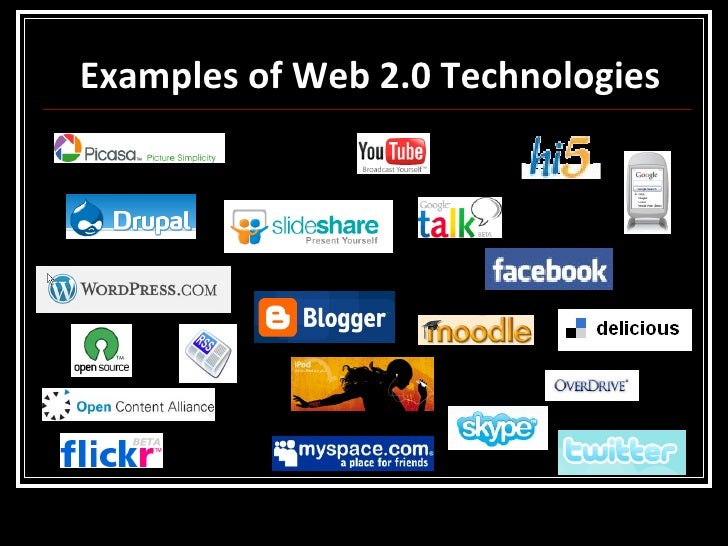Friday, September 30, 2016
Week 2: Day 07 - Communications Technologies #3
This will be the final entry for this unit, it's been the longest so far. I'd be lying if I told you there won't be longer units to come. I anticipate it will be a long post, so get ready for some reading. Let's go!
The way that web servers run, are pretty simple in concept. The host, has a web server which is connected to the internet. To get a website up and running, first they need a domain. Domains can be purchased, or obtained free from companies who offer subdomains or some open source domains (like tk). Now you'll need to add your HTTP document to the server, and CSS or JavaScript if it's also going to be a part of the webpage. Once you bind the domain to the web server, you're website will now be a part of the WWW! It doesn't matter what browser you view the webpage in, as long as you followed the rules of your HTTP version carefully. Speaking about browsers, there are four major browsers: Google Chrome, Mozilla Firefox, Microsoft Edge/Internet Explorer, and Safari. There are obviously plenty of other browsers, but those are the most popular. They are all free browsers, but there are some differences. Chrome is the fastest and most used browser, with Google account sync between all computers, and a large variety of plugins that you can use. Firefox also has plugins, more customization, and a safer browsing experience. Internet Explorer, now Microsoft Edge, comes with your windows machine, and is not used very much. Safari comes with Mac OS, and has impressive page load times. Those are the main differences, not many.
When browsing through websites, you have to assess whether it is relevant, biased, and credible. Usually websites that are Hyper Text Transistion Protocol over SSL (HTTPS) are more credible, and relevant as well. As for bias, that's something you'll have to find out using your brain. If it's "www.northkorea.com" and they're talking about "The Great Leader Kim Jong Un", then of course it's biased! If it's some guy giving his opinion on a blog, it's also biased. If it's an unbiased source, then it will be from a reliable website, or someone who isn't advertising something.
Additionally, we should cover Web 2.0 technologies. Right now I'm writing on a blog, and this is a way of communicating information with other people. There's also Wiki's, which provide information in an encyclopedic manner (at least Wikipedia). There are also Rich Site Summary (RSS) which is actually a widget I can add to this blog apparently. Anyways, it uses web feed formats to publish updated info such as new blog posts, news, video, audio, etc. This can be used to communicate important information to people, especially news headlines, but also just if their favorite blogger (me) posted something new. There's also podcasting, which is basically like radio. It's usually an episodic series of audio clips, it can be live or recorded previously.
Finally, there's the topic of social media websites. It's very good for communicating and planning events with other friends. Facebook has over a billion users, so you'll find a lot of people on there. Most of the people I know are on Facebook, although barely anyone I know still uses it. There are other social media like Snapchat, Twitter and Instagram which is used more often by my friends. Snapchat in particular has a pretty cool concept, of creating stories with photos and videos that automatically delete themselves after 24 hours. Just based on what I'm saying, you may infer that I'm well versed in the realm of social media. However, some dissenters would say that it's anti-social and addictive. Don't listen to them! Thanks for reading, and have a good weekend.
Subscribe to:
Post Comments (Atom)

No comments:
Post a Comment